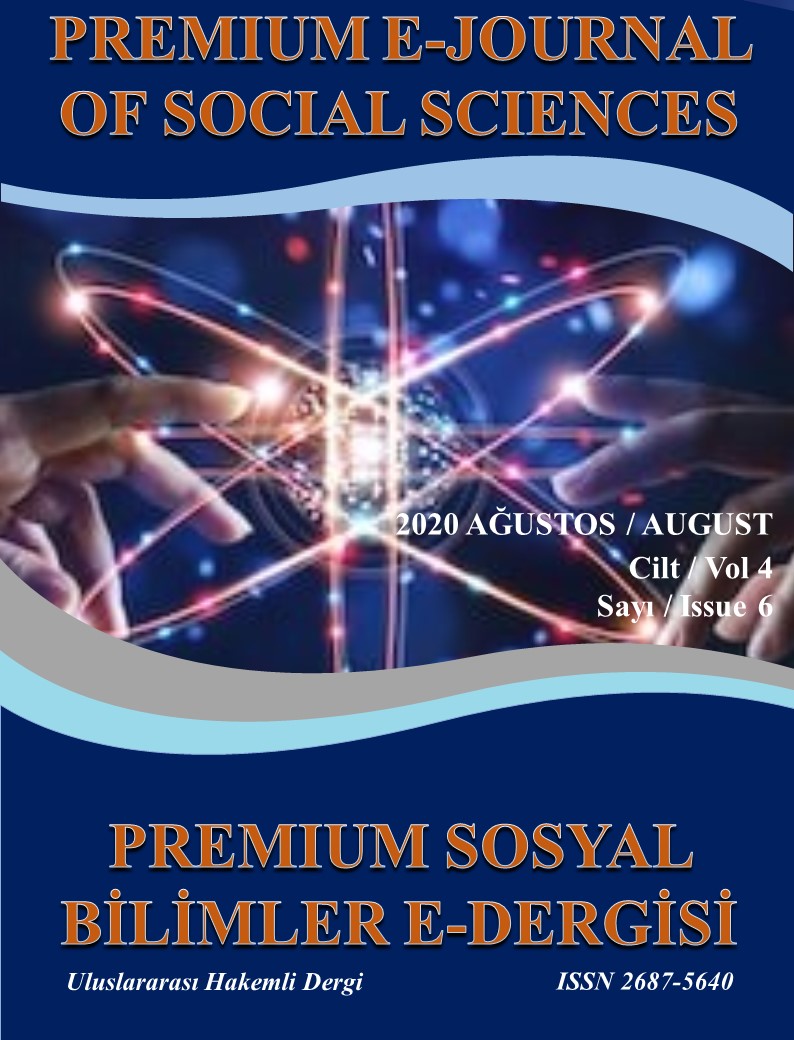CONTRIBUTIONS AND RESULTS OF THE SUGGESTION SYSTEM IN BUSINESSES
DOI:
https://doi.org/10.37242/pejoss.33Keywords:
Suggestion System, Quality, Participation in Management, Business, ManagementAbstract
The suggestion system is the main element of the quality approach that focuses on the employee. The basic condition for building a functional and dynamic suggestion system is that top management can design and implement a good design by paying due attention to this matter. Although this system is used in many large-scale production enterprises, it has started to take its place in SME enterprises. The suggestion system is an application that is frequently used in the literature, in which methods to participate in management are provided effectively and regularly, and where the participation systems are institutionally functional. In this way, it is aimed to use the intellectual abilities and capacities of the employees, exchange of ideas and developer experiences in favor of the enterprise or organization. The suggestion system emerged with the idea of ensuring employee participation, making decisions regarding production and management on common platforms with employees. Today, in every modern business and non-profit and non-profit organization, it is tried to be transformed into meaningful results by collecting ideas and criticisms from both employees and stakeholders with the suggestion system. Top management should be supportive in this regard for an effective suggestion system. With a top-down and bottom-up recommendation system, high value-added benefits can be obtained in many points, especially quality and efficiency. In this study, the concept of the suggestion system was examined, and after the definition of the concept of the suggestion system was made, explanations were made about the aims, outcomes, and the function support points.
Downloads
Downloads
Published
How to Cite
Issue
Section
License
Copyright (c) 2020 Premium e-Journal of Social Science (PEJOSS)

This work is licensed under a Creative Commons Attribution 4.0 International License.


